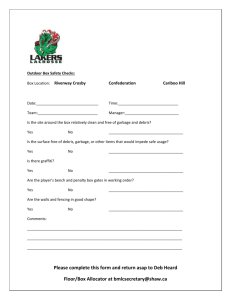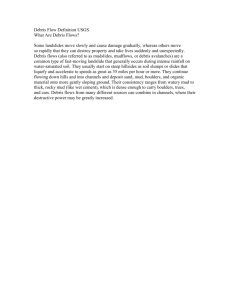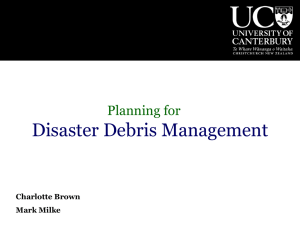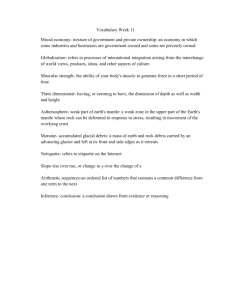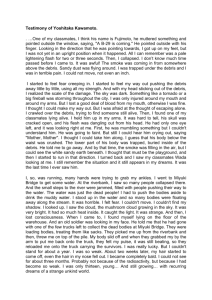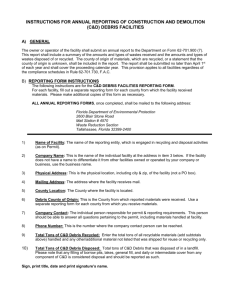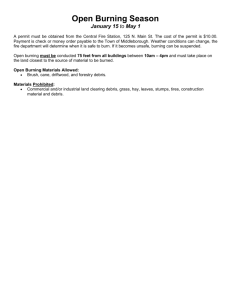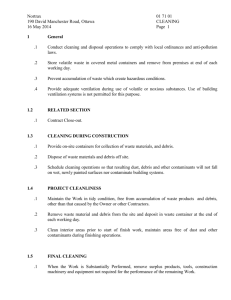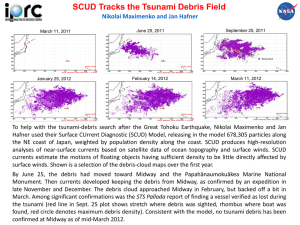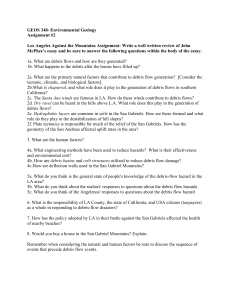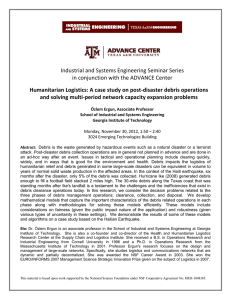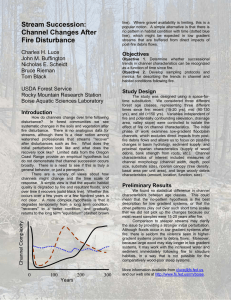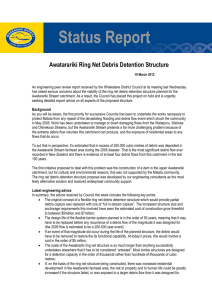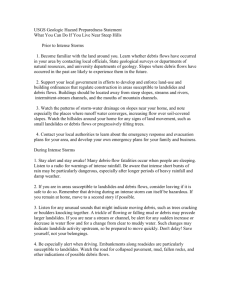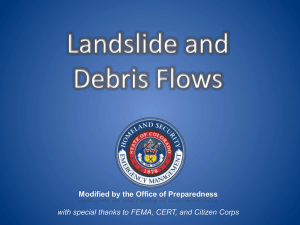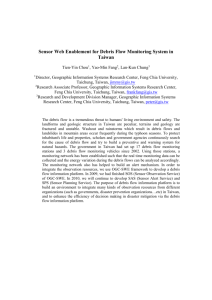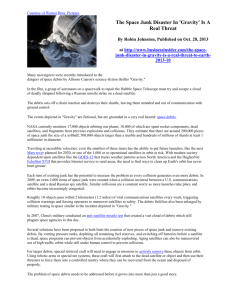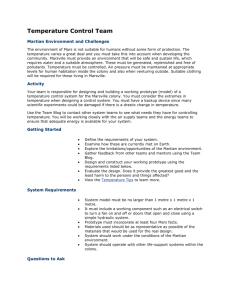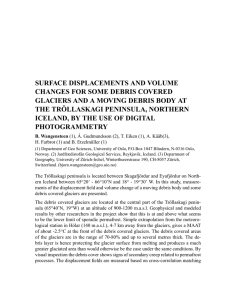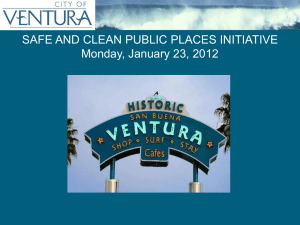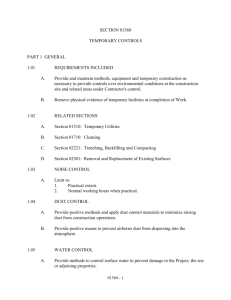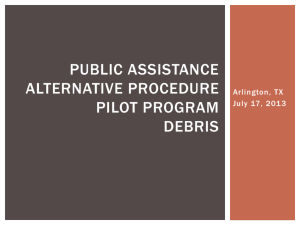Media Release
advertisement
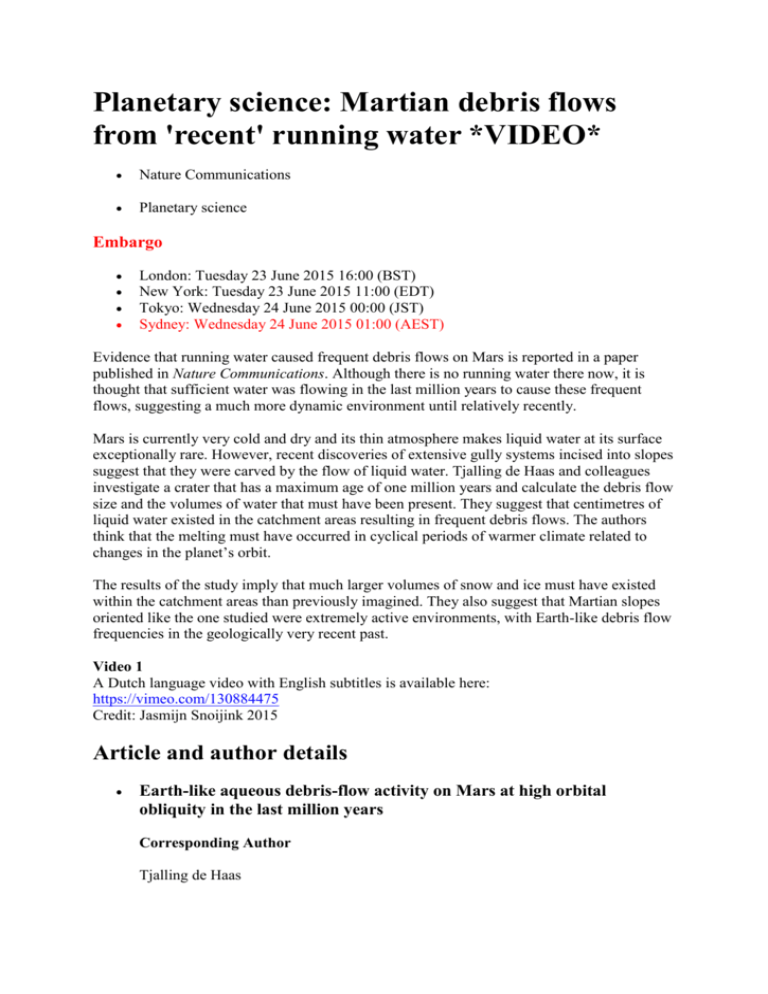
Planetary science: Martian debris flows from 'recent' running water *VIDEO* Nature Communications Planetary science Embargo London: Tuesday 23 June 2015 16:00 (BST) New York: Tuesday 23 June 2015 11:00 (EDT) Tokyo: Wednesday 24 June 2015 00:00 (JST) Sydney: Wednesday 24 June 2015 01:00 (AEST) Evidence that running water caused frequent debris flows on Mars is reported in a paper published in Nature Communications. Although there is no running water there now, it is thought that sufficient water was flowing in the last million years to cause these frequent flows, suggesting a much more dynamic environment until relatively recently. Mars is currently very cold and dry and its thin atmosphere makes liquid water at its surface exceptionally rare. However, recent discoveries of extensive gully systems incised into slopes suggest that they were carved by the flow of liquid water. Tjalling de Haas and colleagues investigate a crater that has a maximum age of one million years and calculate the debris flow size and the volumes of water that must have been present. They suggest that centimetres of liquid water existed in the catchment areas resulting in frequent debris flows. The authors think that the melting must have occurred in cyclical periods of warmer climate related to changes in the planet’s orbit. The results of the study imply that much larger volumes of snow and ice must have existed within the catchment areas than previously imagined. They also suggest that Martian slopes oriented like the one studied were extremely active environments, with Earth-like debris flow frequencies in the geologically very recent past. Video 1 A Dutch language video with English subtitles is available here: https://vimeo.com/130884475 Credit: Jasmijn Snoijink 2015 Article and author details Earth-like aqueous debris-flow activity on Mars at high orbital obliquity in the last million years Corresponding Author Tjalling de Haas Universiteit Utrecht, Utrecht, Netherlands Email: t.dehaas@uu.nl, Tel: +31 30 253 2778 DOI 10.1038/ncomms8543 Online paper* http://nature.com/articles/doi:10.1038/ncomms8543 * Please link to the article in online versions of your report (the URL will go live after the embargo ends).
